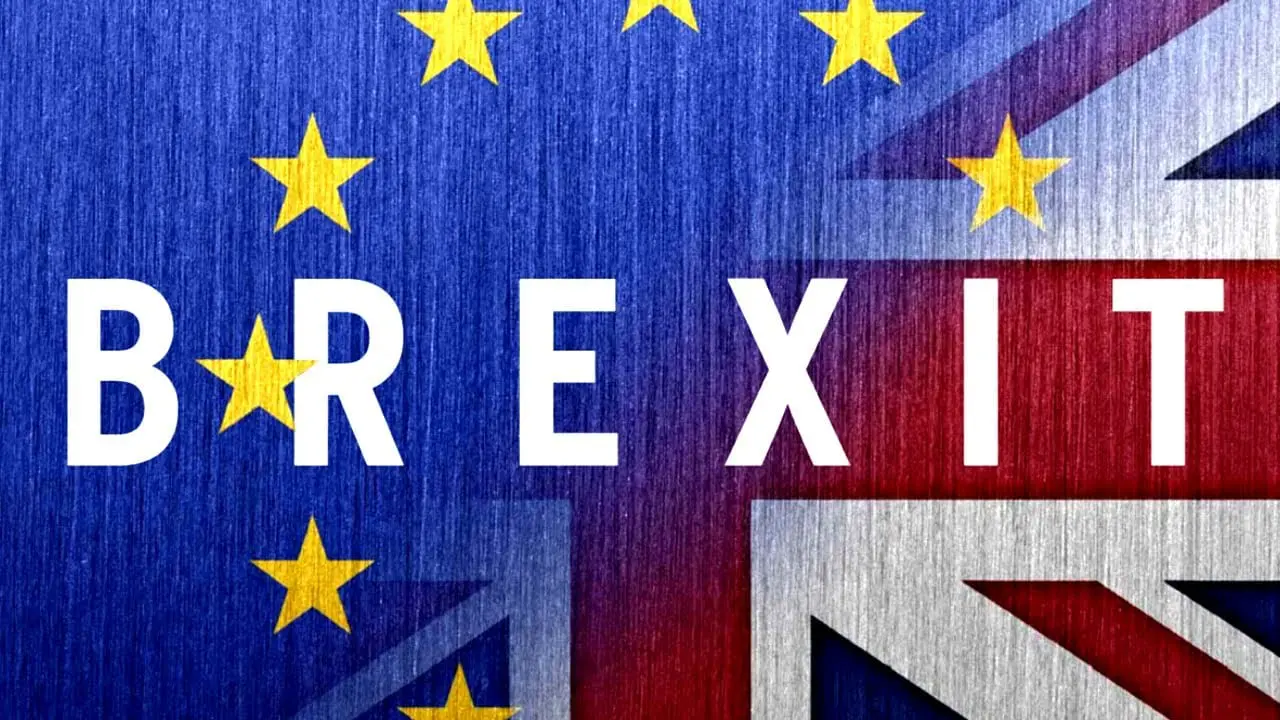Brexit and COVID19 were always going to be hard to handle individually. Together they may have become the biggest challenge to businesses since WWII. Fortunately, COVID19 now seems to be on its way out. This leaves exporters free to work out what they are doing about Brexit.
The Brexit story so far
Up until 2021, the UK was effectively part of the EU. The withdrawal deal was agreed at pretty much the last gasp. As a result, businesses had very little time to prepare for it. What’s more, the withdrawal period largely ran in parallel with the main course of the pandemic. This left businesses struggling on two fronts.
Since Brexit has been a practical reality, there has been mass confusion and widespread chaos. To be fair, some of this has to be attributed to the effects of COVID19. It’s hard to quantify the direct and indirect effects of the pandemic. Equally, however, it cannot be disputed that they have exacerbated the issues created by Brexit (and vice versa).
It’s little wonder then, that a report from the British Chambers of Commerce almost half (49%) of UK exporters are struggling to adapt to Brexit. The main complaints were confusion over the rules, increased paperwork, delays and costs. The situation could become even more difficult if the UK implements further SPS checks in April and full customs checks in July.
Businesses also have to be alert to the possibility that the Brexit deal will be reworked. In fact, it could see changes, of various degrees of importance, long into the future. On the plus side, these changes could make life simpler in the long term. On the minus side, businesses need to get through the short- to medium-term now. This means deciding how to handle Brexit.
Stop selling to the EU
This may not be an option for all businesses. If, however, the EU market only accounts for a small percentage of a business’ profit, then it could well be the most sensible option. In fact, it may be the only sensible option for some businesses. Quite bluntly, if the costs of exporting to the EU get high enough to negate the profits, there ceases to be a business case for the activity.
Even exporters who do see the EU market as important might look to developing other options. For example, the processes for exporting to other parts of the world are clearly established. It might, therefore, be pragmatic to transition to the rest-of-the-world market in place of the EU.
Establish a base in the EU
You don’t necessarily have to shift production to the EU. It could be an option for some businesses, overall, however, such a move could end up creating at least as many problems as it solves. It could easily create more. You could, however, look to establish a holding base in the EU.
Assuming your goods weren’t perishable (or at least had long shelf-lives), this could basically function as a “Brexit buffer”. In other words, it would let you hold stock in the EU while you worked on your export process.
Get help with managing the challenge
At present, the SME Brexit Support Fund stands at £20 million. Individual SMEs may be eligible for grants of up to £2,000. This money is to help with the cost of training and advice on adapting to Brexit. Quite bluntly, in the grand scheme of Brexit chaos, £2,000 isn’t a lot. It is, however, £2,000 better than nothing.
It’s also advisable for businesses, particularly SMEs to stay alert to any extra money which may be made available later. The British Chambers of Commerce has been pressing the government to do more to assist businesses, particularly SMEs. Bigger grants would certainly be a good place to start.
Please contact us for any more information.



Recent Comments